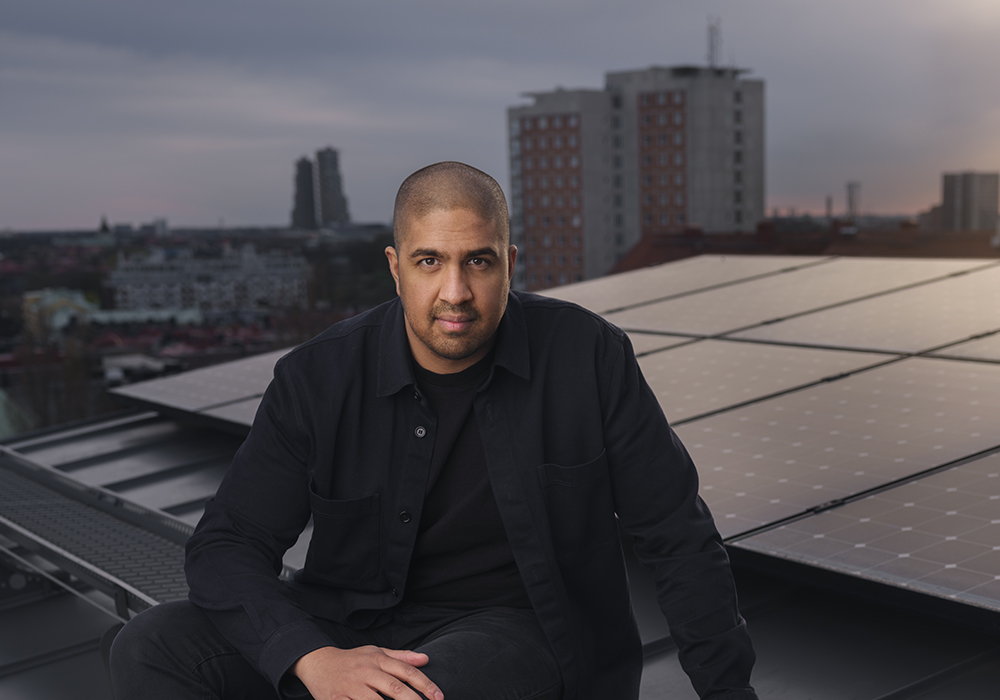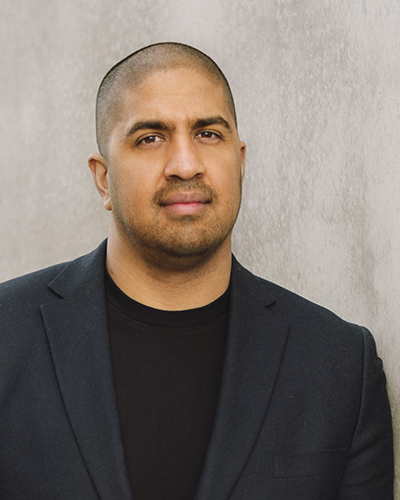KTH's Alum of the Year 2024 wants to engage Swedish households in the energy transition

He is the co-creator of a digital platform developed to give private households full control over their energy consumption. The vision is to connect electricity consumers to a virtual power plant for all of Europe. Innovator Tanmoy Bari has been named the KTH Alum of the Year 2024.
Tanmoy Bari is co-founder and CEO of the company Greenely, a digital solution that enables electricity consumers to track their energy data with an app and get insights on their electricity consumption.
Today, over 200 000 households in Sweden have connected to the platform.
“In recent years, we have seen that consumers want to influence their electricity consumption more than before. With rising electricity prices, electricity shortages, the climate crisis and political conflicts, our need for independent, sustainable energy solutions is increasing," Bari says.
He came up with the idea for the Greenely energy platform during his studies at KTH Royal Institute of Technology, when he was studying for a master's degree in sustainable urban development.
Together with a team of students, he built the basic software. With the help of coaches at the startup hub KTH Innovation (link) the company was launched in 2014.

“The difference today is that people are much more familiar with how electricity works in the home. This knowledge has increased as basic functions, such as the home's heating system, can be digitally connected and controlled according to the shifting price of electricity. In addition, more and more people are buying electric cars and installing their own solar panels to reduce costs and sell their self produced electricity back to the electricity companies," Bari says.
A household battery solution
He believes that the future for energy consumers lies in increased flexibility, including the ability to contribute to the balancing of energy supply in society.
“Not long ago, preschool teachers in parts of Sweden were encouraged to bring flashlights to school in case of a temporary power outage. With the last energy shortage in Sweden looming, many sectors were about to be seriously affected, and we are facing difficult challenges ahead.”
Over the past year, Greenely has launched its own virtual power plant, an innovation that allows households to actively participate in the energy transition.
One function of the company’s new battery solution enables customers to sell their electricity surplus to the electricity system when needs arise in different parts of the country, while optimizing the household’s own energy use.
“The battery system makes households more self-sufficient in electricity. We want to place customers in a sustainable energy landscape," Bari says.
Bari says households can help stabilize the electricity grid throughout Sweden, and eventually in other Nordic countries, by either charging or discharging their batteries when imbalances occur in the electricity grid.
“Society is moving towards a continued phase-out of nuclear power and we see an increasing need for plannable capacity in our electricity system. With the transition to renewable energy, more flexible energy solutions are needed," Bari adds:
"The vision for the future is to stabilize the electricity supply across Europe, by connecting households in different countries to a large virtual power plant.”
Text: Katarina Ahlfort (ahlfort@kth.se)
Photo: Viktor Gårdsäter
